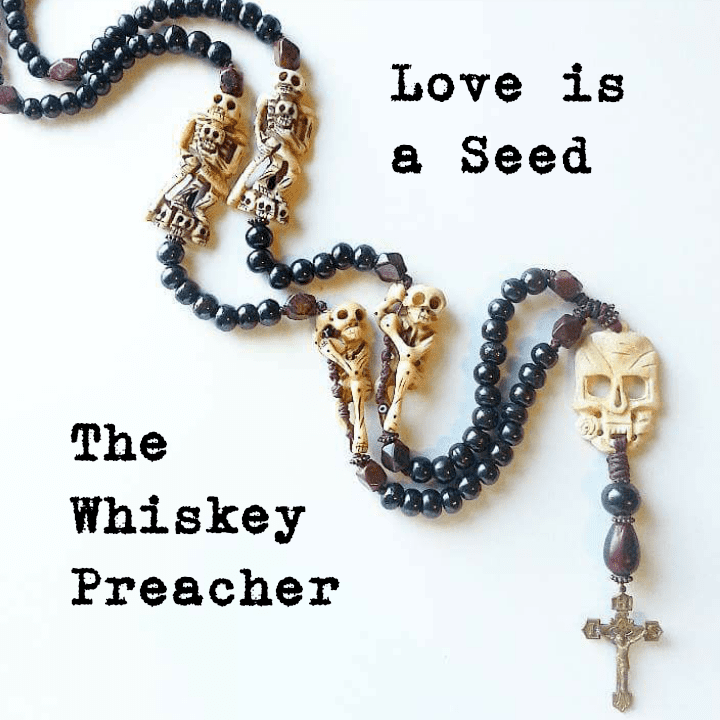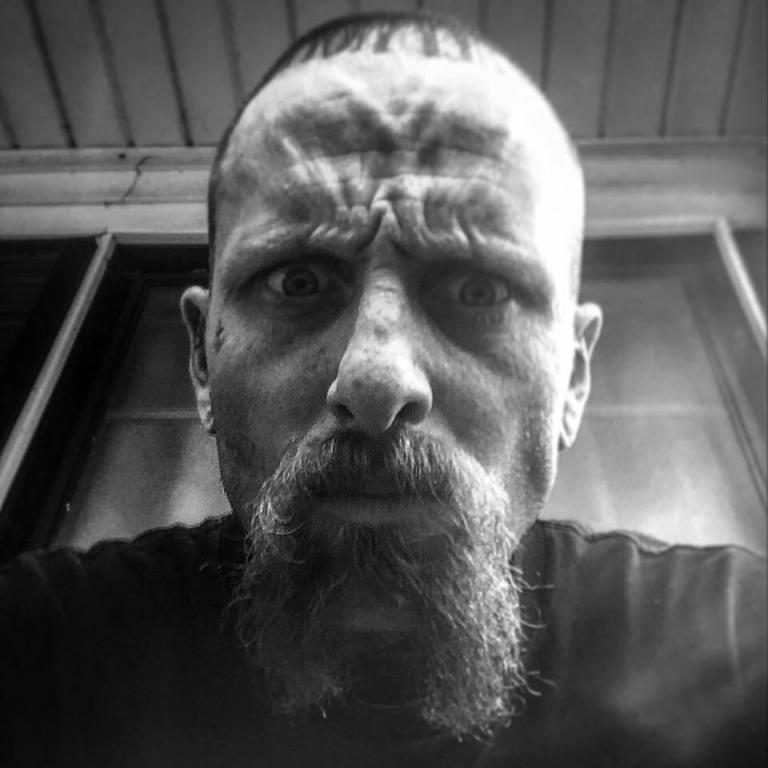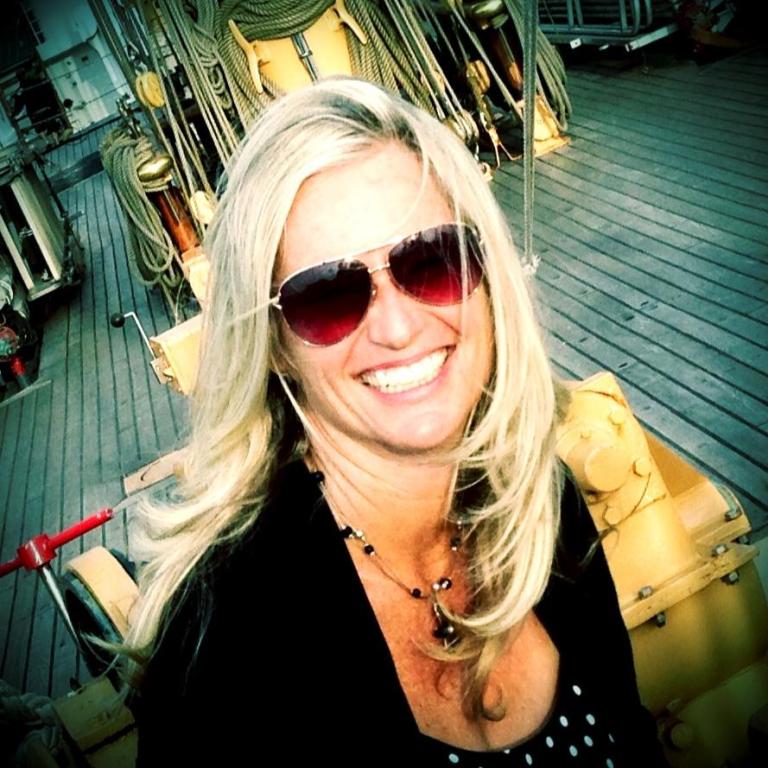So…I have decided to start being honest. Not that I am not already shockingly honest already however, I haven’t completely been vocal about my struggle with chronic pain ever since my car wreck from the spring 08. The court trail from the wreck is finally over almost four years later and many things have happen in the last four years, and for some reason I now feel compelled to try to share this part of my journey with the world. I’m entitling this series, “Ministering In The Midst Of Pain.” I know I am not the only one who suffers from various types of pain and actively ministers through the good and bad; this is why I have asked my friend Naomi King to submit the first post of the series. If you are interested in possibly submitting a post as well please let me know!
Clergy With Chronic Pain
By Naomi King
I live with chronic pain. I have lived with more pain-filled nights and days now than I have experienced low-pain or pain-free days and nights in my life, which I consider a milestone of sorts: the pain hasn’t conquered me yet, though I have my moments of wondering. With God’s grace, spiritual disciplines, and supportive faithful friends and family, I have endured.
Living with chronic pain has forced me to wrestle with expectations of ministry that separate ministry from being human. Sometimes we expect the clergy not to be people who particularly are called to serve God in certain ways but to be a little more than human, a little more godly than regular people. Clergy are just as likely as anyone else to have such expectations of ourselves and each other – to have a nearly endless ability to say a few more good words, to rally to when we’re needed, to not get tired – or at least not to have tiredness affect how we are with people. Self-care, exhaustion, and suffering are largely supposed to happen outside of the view of the faith community, maybe with a few trusted colleagues and a small support network. How many faith communities, when they’re seeking spiritual leadership, assert, “wow, we really could use the wisdom of someone who lives with chronic pain and can change our work expectations to meet that person’s strengths”?
It is weird. It is weird to want professional religious leaders to lead without being part of a faith community, for being truly part of a faith community means mutuality of care, acceptance of each other’s limitations, and encouragement in faithful service as we are each separately gifted and endowed. The expectation that professional religious leadership quietly cares for themselves apart from the faith community perpetuates a consumer approach to religious leaders. We are not vending machines for wisdom, ritual, and intercessory prayers, refilled and restocked from some external source that hopefully involves the Holy but draws minimally or not at all upon the communities we serve. My faith community is how I know the Beloved’s presence, right here alongside, just like other members of the faith community.
Who am I – or we – to say chronic pain is not a spiritual gift? My gifts include pie-baking and preaching and also life with chronic pain. I certainly wrestle the chronic pain and have learned a lot of spiritual wisdom from that wrestling, found blessings in being able to understand limitations, the things we do when we’re exhausted that we wouldn’t do when we’re refreshed, the way pain frays a person’s temper and patience, and many, many coping skills including spiritual disciplines that help us endure. I can pick up my mat and trust my sins are forgiven, but I still belong to the ill and infirm. We are the Holy’s people, too, just as we are.
Some things I have learned and continue to learn from life and ministry with chronic pain:
When my expectations and my limitations collide, it is funny, and also a an opportunity for spiritual learning
I cannot do everything I would like to do, let alone the vending ministry expanding list of tasks tailored to consumer tastes
I will do lots of things with less skill than I think optimal and far short of perfection
Saying no is a spiritual practice as much as saying yes
If I am going to be awake in the middle of the night, I can at least spend the time focusing on the Holy and tending my prayer lists.
Every pain is a chance for prayer, every breath a chance to praise.
There are reasons for thanksgiving in every day. Really. Truly. Every day.
Lately, I’ve been having vocal troubles. I’ve been attached to my voice proud of the work I’ve done in learning how to use this gift. Now I’m learning non-attachment, and how to handle shame and pity and rejection all over again. I would not wish the experience on anyone, but like other challenging experiences, there are blessings to wrest from the misery. Part of my growing faith is from meeting the Beloved every day, down by this riverside, in thanks, in laughter, and in the Beloved’s encouragement while I wrestle for the next blessing.

Bio: Naomi King is a Unitarian Universalist Christian minister, who primarily ministers via social media and digital devices. She has lived with chronic illness her entire life and chronic pain since her teens. She loves to read, knit, cook, hunt fossils, and garden. She is often found praying, wondering, and working from bed, trusting in the Beloved.












